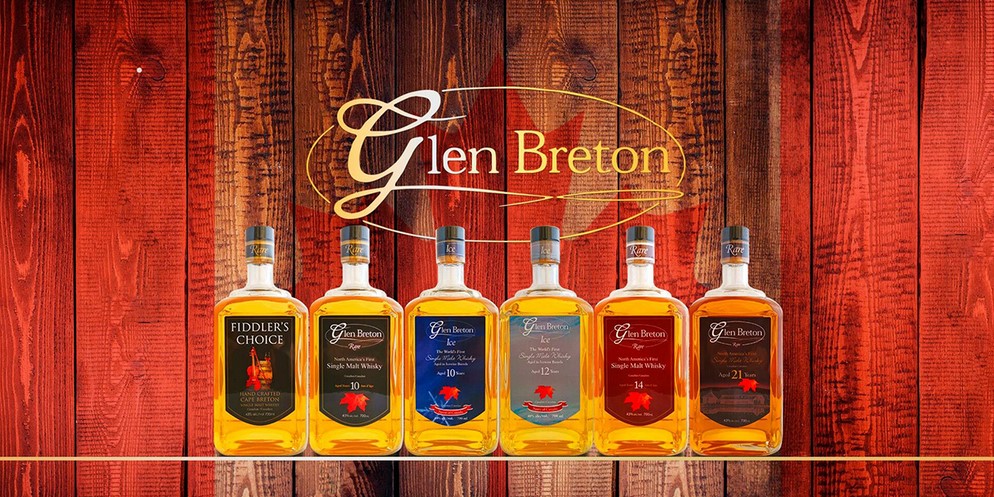
One query that comes up frequently about single malt whisky is this one: does the age of the whisky matter? You will see whiskies that are 18-, 25- years old, and even older being sold, and normally the older the whisky then the more expensive it is. But is it better?
You can be positive about 2 things. Firstly – older whiskies are very rare and secondly, they are very expensive. Take for instance the blended Scotch whisky Johnnie Walker Blue Label, it has whiskies in the blend that are around 50 years ancient and will set you back around $300. There are many reasons why older single malt whiskies are more expensive. First of all – the longer a whisky matures in the oak cask, the extra of it is lost evaporation. Most distilleries in Scotland lose around 2% of the volume. So 2% each year for, say 25 years is a lot of whiskies.
Then of course you have to take into account the time factor. 25 years is a long time to wait until you bottle the product. Sometimes the whisky will be matured in different casks to have an effect on the flavor. So all this time, patience, and expertise all provide to the price.
There are basically two schools of thinking in the whisky industry – “age matters” and “no, age doesn’t matter”. Most of the large whisky producers will market a specific range of manufacturers are various age points – 10, 12, 15, and 18 years old, and will frequently give these a specific identity as well. For example, there is a Bowmore 12-yr old known as Enigma and a 15-yr old Glenfiddich called Solera.
For example, whiskey company Chivas Brothers is on the fence that ‘age matters’. They market their wares specifically on this. Their tagline is: “Look for the number… a guarantee of age and quality”.
On the ‘age would not matter’ side of the fence is, for example, Macallan. They have started to get rid of the age specification on some of their younger single malts and giving them names. Time will tell if this advertising idea pays off. They say that they are doing this to cater to exclusive profiles and tastes, rather than just placing the single malts in an age bracket.
So to answer the question – does age matter? The reply is definitely yes, but solely to do with price. Does age make a whisky better? Only you can decide that question.
Older whiskies are certainly extra complex and have more depth than their youthful counterparts. This is to do with the evaporation process (like if you are cooking and you keep simmering a sauce – you will be left with a thicker and greater intense flavor). Also, the more time the whisky spends in the cask then the extra it draws in the flavors from the cast.
If you like strong-tasting peaty whiskies, then you likely aren’t going to find this in a single malt.
In reality, some older whiskies are higher than their younger expressions. There are more flavors and extra depth to the taste. However, some are definitely not, having become nearly ‘too old’.
